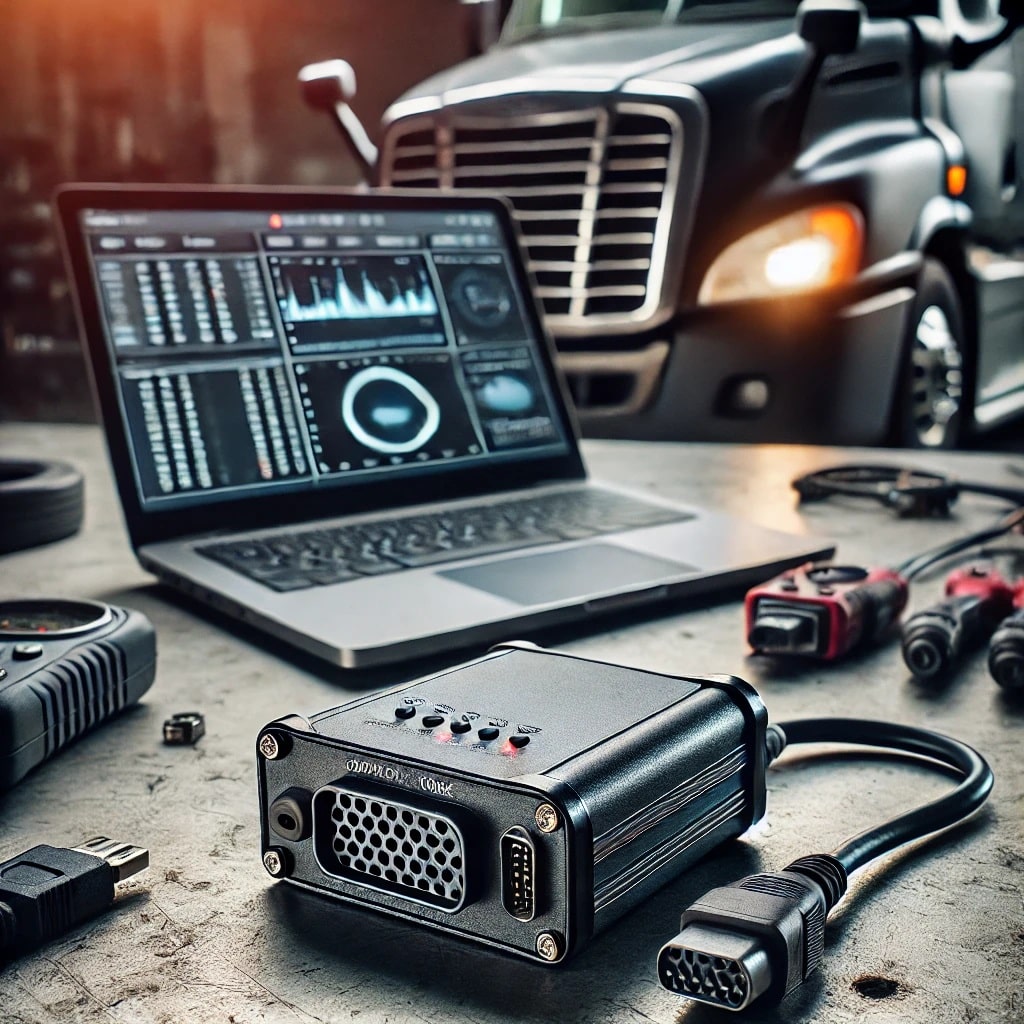Even small car accidents can be very traumatic and shatter your confidence as a driver. If you were following the rules of the road and paying attention, the car crash likely was not your fault. Unfortunately, as you will understand if you are reading this, it is not always a cut-and-clear matter. The at-fault driver may either be telling the complete truth about what happened, or be genuinely convinced that they were not at fault, and there may not be any witnesses to verify either party’s account.
Fortunately, knowing what to do after a car accident is much more important than immediately determining who was at fault, as the course of action is the same for both parties.
What Should You Do After a Car Accident That Wasn’t Your Fault?
If you were in a car accident that wasn’t your fault, the law is on your side, but you’ll want to know what you should do to stay on the right side of the law.
Your reaction may be to blame the other party, or admit fault, even if the accident wasn’t your fault. This is not a helpful approach, as it can lead to a debate, distracting both parties from doing what is needed.
The first priority after an accident is the safety of all parties involved. Once all drivers, passengers, and possible pedestrians have been checked and medical assistance dispatched if needed, personal and insurance information should be exchanged by all drivers involved.
Here’s a bullet point of the steps to take when you were involved in an accident that wasn’t your fault.

What to do Right After the Car Accident
Check for Injuries
This should receive all your attention until it is established that there are no serious injuries, or that an ambulance is on the way. Call 911 and remain calm as they take you through the process. Make sure you give them your location first off, in case your phone battery dies.
Call the Police
If you called 911 in the first step, you were likely also to have made contact with the police. If you didn’t before, call the police now. They will be able to advise whether they need to come out to investigate and write a report, or if you can simply file a Report of Motor Vehicle Accident with the Department of Motor Vehicles. It is required by law that you do this within 10 days of the accident and most insurers will need this report.
Gather Information
Calmly and matter-of-factly exchange the following information with the other driver(s). Try to take some pictures before any cars are moved and also try to obtain contact details for any witnesses who may have seen that you were not to blame for the car accident. In addition, it’s a good idea to get the responding police officer’s name and badge number.
- Name and surname
- Phone number
- Physical address (in case they decide not to answer their phone)
- Insurance company and policy number
Recommended Article: How Long After a Car Accident Can I Claim Injury
Contact your Insurance Company
Let them know about the accident, even when you were not at fault, to get the process going.
Get Medical Treatment
This is separate from tending to injuries and dispatching an ambulance but refers to medical care for minor injuries or ones you were not aware of. A doctor who has experience with injuries will know what to check for and give you a thorough examination. This will help treat latent spinal injuries, whiplash, or concussions.
It is also especially important to diagnose such injuries if you were not at fault, so they can be included in the insurance claim.
Contact a Car Accident Lawyer
It seems unnecessary if the car accident wasn’t your fault, especially if the other driver admitted fault right away, but they may change their mind later – either because of the financial implications or their recollection of events. Car accident lawyers don’t only get involved where there is a dispute, but also where the insurers are loath to pay out and drag out the process. A reputable accident lawyer will tell you whether you require their services or not.
Helpful Reading: Texas Multiple Car Pile Up
What Not to do Right After the Car Accident?
There are only a few things not to do after a car accident, but they are very important.
- Don’t flee the scene – it is a criminal offense
- Don’t move a seriously injured person unless
- they need CPR and are not on a safe, flat surface;
- They are in immediate danger
- You need to move them to get to someone else who is more seriously injured
- Don’t admit guilt, even if you feel you are guilty until you have spoken to your insurer or accident lawyer. You may find yourself admitting guilt only to recollect additional information or come by witness accounts at a later stage, which proves this was not the whole truth.
- Don’t agree to a cash settlement or use of an unauthorized repair shop. Apart from making it hard to get your money from the guilty party, bypassing the insurers may see you repairing your car through a service provider that does not deliver the same quality of work as you could have expected from the one appointed by your insurer.
- Do not agree to have your car towed from the scene of the accident before having spoken to your insurer or unless it is required for safety reasons or directed by law enforcement.
Recommended Article: Where Do Most Crashes Happen
Frequently Asked Questions (FAQs) – Car Accident Not Your Fault
What Not to do After a Car Accident that wasn’t Your Fault?
Don’t admit guilt or blame the other party till you have spoken to your insurer and car accident lawyer.
How do Insurance Companies Decide Who is At Fault?
If it is not clear from the witness accounts, which include all drivers’ accounts, and the police report, insurance companies will launch their own investigations using accident damage to the vehicles. If you were not at fault, but your innocence is being disputed, the help of an accident lawyer will greatly aid the investigation and a favorable outcome.
Does it Matter Whose Fault it is in An Accident?
It matters to your insurer, as this will determine whether they or the other party’s insurance covers the damage. It is also relevant to the people who are injured, especially when there is a fatality or someone is seriously injured.
Conclusions
Circumstances surrounding car accidents, even when you were not at fault, can vary greatly and can get tricky to navigate, even when the correct procedures are followed. Coluccio law can help you check that you have covered all your bases and oversee the processes on your behalf. Being involved from the start also makes litigation of possible disputes much easier. Call Coluccio Law today to get a consultation about whether you need legal representation following your car accident.
Recommended Article: Who Pays for Car Damage in a No-Fault State



